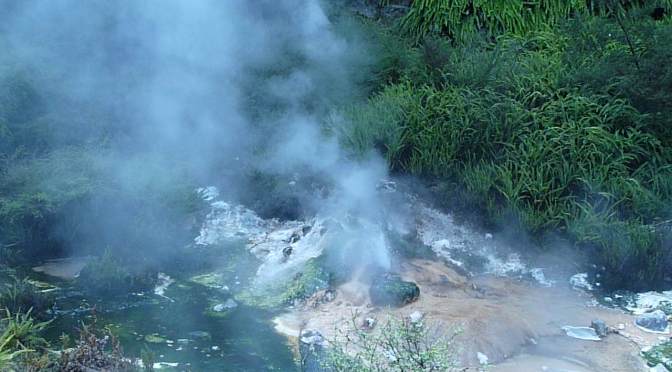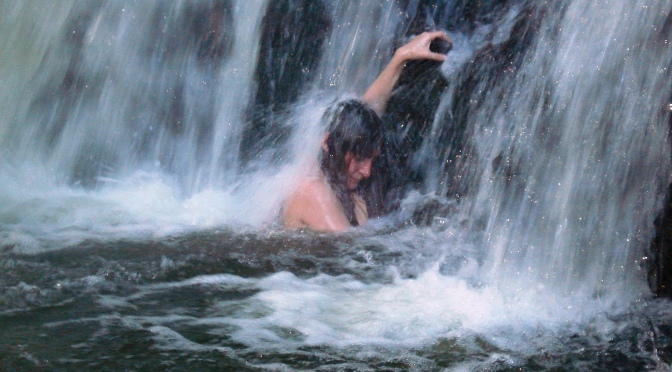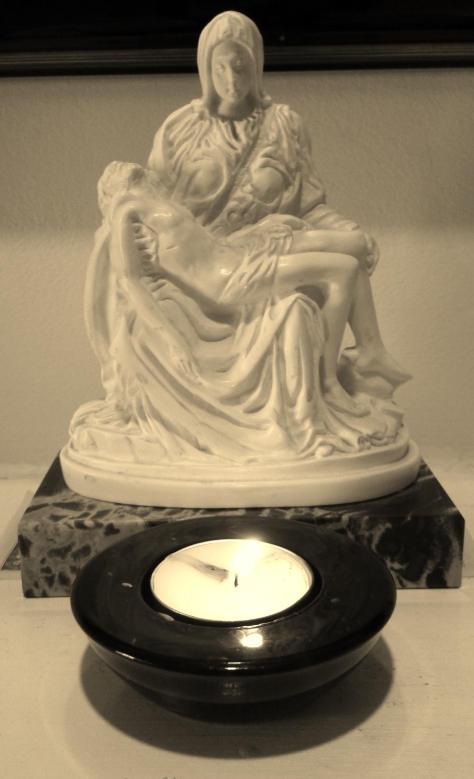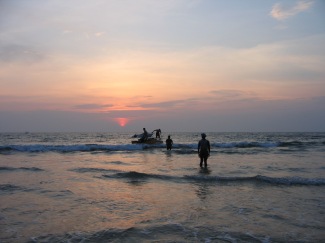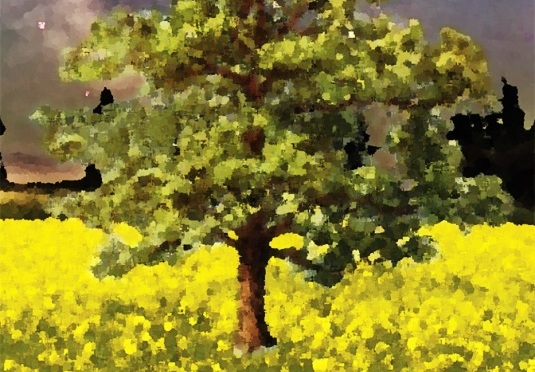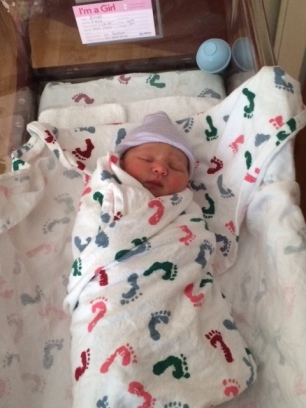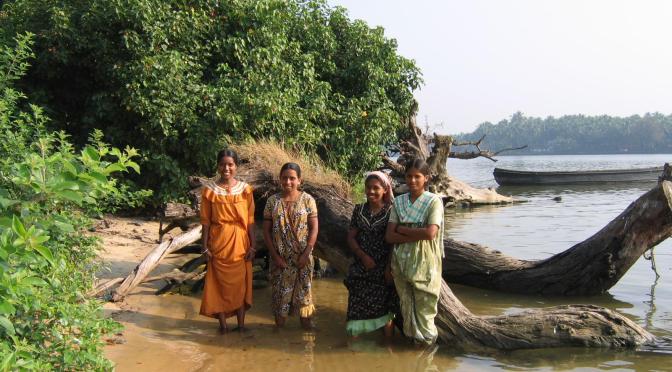Shopping for a Name — Raising Our Voices: Womyn Out Loud.
I’m not senile—at least, not yet— so let me say I know how Women is spelled 🙂 
This is the name of a new group of diverse women who want to —yes— draw attention to ourselves—by hosting literary and musical celebrations of women artists. We want to “bridge the cultural and racial divide” and celebrate diversity through Words and Song.
Here is what I wrote on our group’s website http://ow.ly/4nh1Yf when we went shopping for a name for ourselves.
“We, women with roots in Palestine, Africa, Italy and India, decided to band together and host a literary reading. Wondering what to call ourselves, we went shopping for a name.
We tried on a lot of outfits. We considered adding pleats, lace, 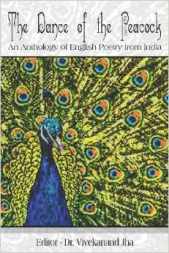 taking the hem up, lowering it. Nothing seemed perfect. When this six word outfit was chosen, I stared at it. Wasn’t the front and back the same? Why repeat the pattern? We voted; I lost.
taking the hem up, lowering it. Nothing seemed perfect. When this six word outfit was chosen, I stared at it. Wasn’t the front and back the same? Why repeat the pattern? We voted; I lost.
At last, after years of being silenced, women are rising up against poverty, abuse, injustice and inequality at every level. As a result we are, at best, 5000 miles up Mt. Everest with 14,000 more to go.
And in many countries women are sitting at the base of the mountain, their mouths stuffed with words they are choking on, words they are not allowed to speak.
And then it hit me! Raising our voices isn’t enough! We must get loud. Louder. And still be lady-women lest we be dismissed as unprofessional, lest we taste like sour grapes, lest the respect we worked so hard to earn be swallowed like “a python takes a rat, head first.” (a line from my poem, The Python, Apprentice House, in press.)
There are always reasons for gender inequality. Very good reasons, some would say. Ultimately women must create, carry and birth human kind. How can they be equally productive in the marketplace? This, to me, is the mother of all ironies. And now that the market place is global, such issues have escalated.
Legal or illegal, there’s always a bruhaha about immigrants. Without Senator Fulbright’s vision of establishing travel grants, I would not and could not ever be here. My hair would have turned gray before I could save airfare to the land of milk and honey.
Not a day goes by without gratitude for my home, the one I chose. And yet my bones ache for the one I left behind.
Here’s an excerpt from my poem in Her Skin Phyllo-thin, Finishing Line Press.
Forty Years Later: What I know.
Let me say this about immigrants
who burrow through the earth,
to swim in rivers whose names they lisp,
Mississippi, Missouri—so many esses, hisses, misses,
the Grand Canyon they fly over with paper wings….
I love the way they step off a plane or boat into a silky twilight
towing belongings—prayer beads, bamboo flutes, jute bags….
Come listen to the rest of this poem and others that I’ll read on May 15th, 2016 at The Impact Hub, 10 East North Ave, Baltimore, at 2 p.m. Come listen to an amazing group of writers. Come raise your voices with us.
I’m sorry I don’t have a picture of our group, so the pics are all about me and me, and my books.

